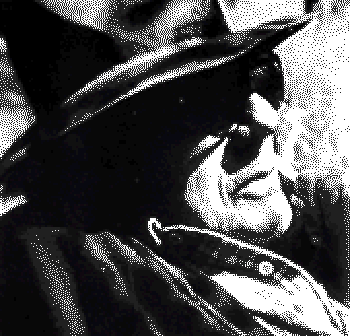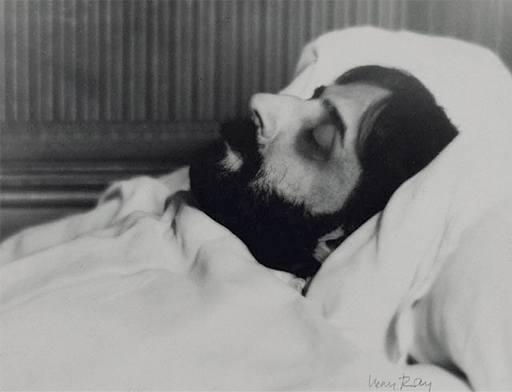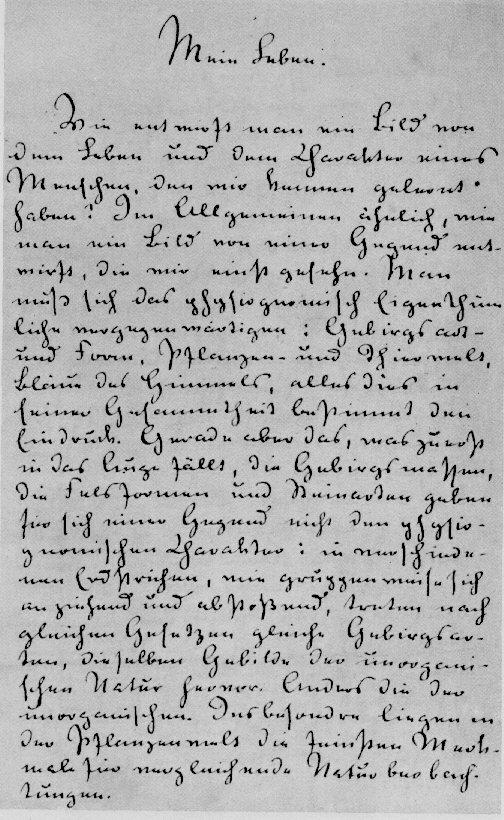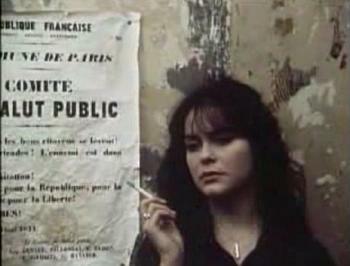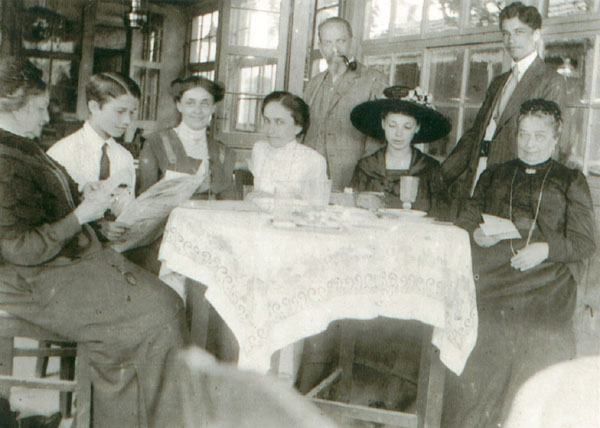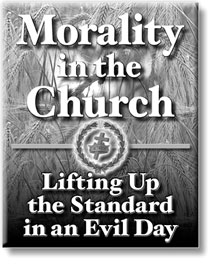
Rhizosphere: Gilles Deleuze and the 'Minor' American Writings of William James, W.E.B. Du Bois, Gertrude Stein, Jean Toomer, and William Falkner
(Literary Criticism and Cultural Theory)
by Mary Zamberlin
Hardcover: 206 pages
Publisher: Routledge; 1 edition (April 20, 2006)
This book explores the significant intellectual impact the philosopher Jean Wahl had on the directions Gilles Deleuze took as a philosopher and writer of a philosophy of experimentation. The study of this influence also brings to light the significance of Deleuze's emphasis on "la pragmatique," inspired by Wahl's writings and teachings and his fascination with American pluralism and pragmatism, particularly that of William James. This book also attempts to put Deleuze's theories into action, to write in a deleuzian way about American "minor" literature and thought which Deleuze deemed "superior." This text inherently challenges and potentially provides an alternative way of reading/writing to standard critical approaches which Deleuze tells us necessarily reduce and distort a "minor" work's most lively, subtle and micro-politically efficient elements as they abort them from their "minoritarian" fields of meaning to coerce them into already existing, standard and standardizing concepts that belongto and reinforce the "Major Order's" organizational grid.
“It is not by means of an exegetical practice that one could hope to keep alive the thought of a great thinker who has passed away. Rather, such a thought can only be kept alive through its renewal, by putting it back into action, reopening its questioning, and by preserving its distinct uncertainties- with all the risks that this entails for those who make the attempt.” Félix Guattari









